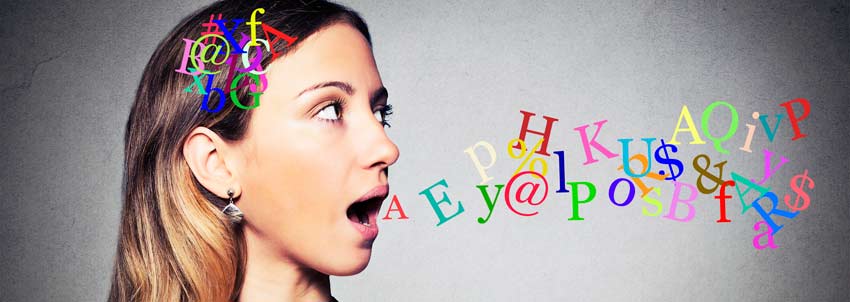So You Want to Learn Danish
 Attempting to learn any foreign language can be a difficult undertaking. Whether you are trying to learn the whole language or you would just like to learn a couple useful words and phrases your efforts will be appreciated. A pocket Danish-English dictionary is a very useful tool. In addition, if you have a smart phone or tablet you can use Google Translate as needed. It is also important to know that the Danish alphabet has 3 extra letters at the end of their alphabet compared with the the Engish alphabet. The extra letters are æ ø å.
Attempting to learn any foreign language can be a difficult undertaking. Whether you are trying to learn the whole language or you would just like to learn a couple useful words and phrases your efforts will be appreciated. A pocket Danish-English dictionary is a very useful tool. In addition, if you have a smart phone or tablet you can use Google Translate as needed. It is also important to know that the Danish alphabet has 3 extra letters at the end of their alphabet compared with the the Engish alphabet. The extra letters are æ ø å.
The Danish government has many Danish language courses for anyone who is legally living in Denmark. In fact immigrants to Denmark are required to go to one of these courses (this does not apply to work permit carriers, student visa carriers, nor EU passport carriers). The government wants immigrants to integrate into Danish society and language is always a good place start.
For those of you who are not in Denmark there are many online Danish language courses available, as well as audio language courses. These can be a great way to get yourself started in learning Danish.
The Danish language is certainly not one of the prettiest sounding languages in the world. You are not likely to think of the language as smooth, romantic, or elegant. It's a "meat and potatoes" language.
How Difficult will it be?
The Danish language is not considered to be overly hard to learn compared with other languages. Reading and understanding of the text can certainly be mastered by a foreigner.
However, speaking Danish is a different story. The biggest limiting factor in speaking the Danish language is in fact the Danes themselves. Danes generally have enormous difficulties in understanding foreigners. The majority of Danes seem to be incapable of understanding even the slightest mispronunciation or improperly conjugated verb or noun. They also seem to have incredible difficulties in picking up what someone is trying to say who has an accent. They of course can be excused for this. There is obviously a reason for it. There are in fact a couple of generally accepted reasons.
- Firstly, there are only 6 million Danish speakers in the world.
- Secondly, English is widely throughout the world and anyone who has grown up with the English language as their primary language has heard countless people from all over the world speak very poor English. The result is that English speakers have unwittingly become very talented at deciphering someones intended meaning no matter how thick the accent, how poor their grammar etc. Danes do not have this ability. They simply haven't had the experience of hearing many different people from around the world attempt to speak their language. It should also be mentioned that Danes also have difficulties in understanding each other. There are many different dialects in Denmark, and no matter where someone is from in Denmark they will have problems understanding what someone from some other region within the country is saying or vice versa.
- The third factor surprises many visitors. Generally Danes are very good at speaking English. Not only do they tend to be able to speak English, but they're also very willing to use it. If you are attempting to speak Danish with a Dane and there is even the slightest stall or hesitation in your conversation and they know that you can speak English they will switch to English. For the Dane, this is an opportunity to improve their English. This of course can be very frustrating for anyone who is trying to learn Danish, but it can be very comforting to anyone who simply wants to have a conversation without the misunderstandings.
Numbers
Although not technically "language", be forewarned that the Danish numbering system can be difficult to master.
For numbers from 1 to 20 all seems normal and expected. Each number has it's own individual name. However, after the number 20 the numbering system does become difficult for someone who does not have experience with such a numbering system. The difficulty lies in that numbers above 20 are reversed when spoken.
This means that you must say the last number before you say the first. For example: I am 'thirty eight' years old ends up being directly translated as: I am 'eight and thirty' years old. One 'hundred and sixty four' would be 'one hundred, four and sixty'. There is certainly nothing wrong with this system. However, it can be a little difficult to master in your head, as it requires you to know the last digit before you say the first, and if you are the listener you must listen to the last digit before you listen to the first. It can be a little distracting, but with some practice you will get used to it.
Getting Started
Here are some Danish phrases to start you on your way. You can also learn more about the Danish Alphabet.
LastUpdate: 2018-05-27 03:18:53
